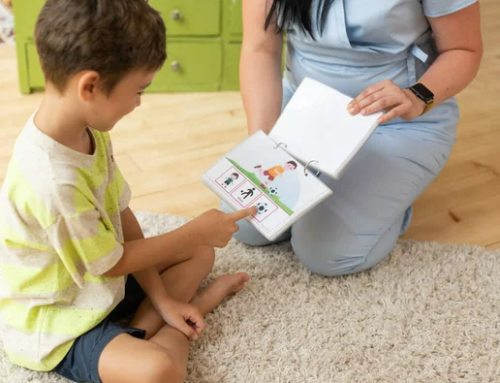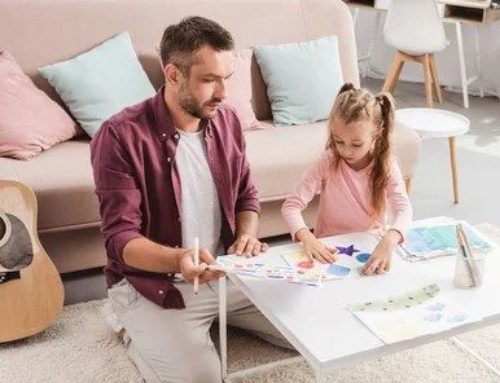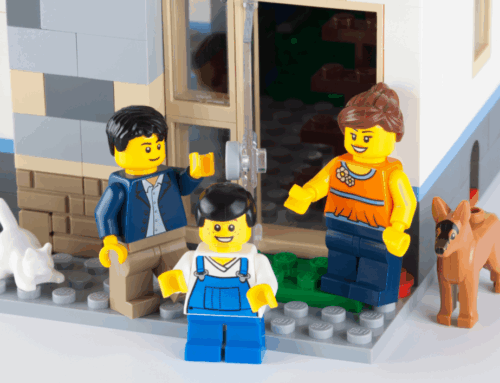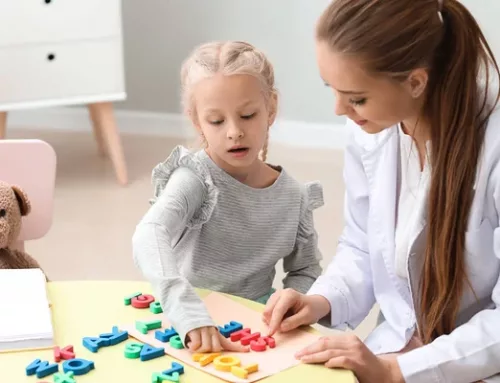When you think of connecting with others, what do you imagine? One of Beam Health’s Registered Newcastle Psychologists, Saskia Behan, unpacks the meaning and value of human connection, as well as some tips for ourselves and our children to help connect with others.
When you think of connecting with others, what do you imagine? That may depend on your generation. A brief tour through time would suggest it could look like anything from a telegram to a letter, visit, family occasion, outing, coffee date, play date, catch up with friends at the mall, concert, play, sport activity, hobby or interest activity, checking Facebook or Instagram, getting online and playing multi-user games with people all over the world and maybe even people you know in real life. Most of us have preferences for how we connect and what we feel comfortable with.
Children are wired from birth to be social and learn from others and to exhibit pro-social behaviours that encourage belonging. Being part of a family and a community is a support and buffer for our mental health and development. From infancy, we are learning all about our world and ourselves through the eyes of others. We learn how to do important tasks like regulate our behaviours and emotions with the assistance of a regulated adult brain. We learn to be effective social beings by watching how our parents and other role models do it – role modelling positive social behaviours to provide a template or “how to” guide. As we get older it is our peers who teach us and influence behaviours and beliefs.
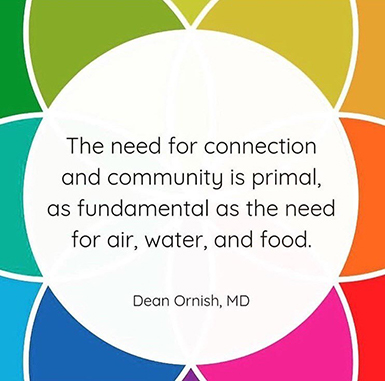
A developmental task of preadolescence is to answer the question “am I normal?”. Fitting in with peer groups and feeling like you are the same as your peers is important. You need a peer group to navigate this successfully! In fact peer groups are increasingly important through the teenage years, as is having the skills to be a part of a group. Parental influence at this stage naturally reduces and withdrawal of the depth of connection you may have had with your child when they were younger can be a difficult one for parents to negotiate. Don’t over think it, give some space and time and enjoy when they reconnect with you on their terms.
People have different needs for connection. The classic extrovert type is likely to need much more than the introvert. An extrovert gets their energy from being with people and an introvert gets their energy from time on their own for quiet reflection. No person is meant to be alone all the time however and as a species we are meant to be part of a group. How do you and your loved ones like to connect with others? With each other? How much? At what depth? Know yourself and give yourself permission to be who you are and have your own needs. Do the same for your loved ones. Keep in mind no connection at all is rarely a good plan.
Loneliness is increasingly becoming a common experience in modern society. One can be surrounded by people and be very lonely in a world where community participation is shrinking, and online connection is proliferating. Current research looks to loneliness as somewhat of a modern epidemic and associated with poorer mental health and physical health outcomes.
For those who work with people who have been harmed by people, connection is an essential part of recovery. This is because trauma often leaves people finding it difficult to relate and connect with others. Anxieties can develop that are related to a fear of further harm at the hands of a person or of other people. A sense of safety is the first goal for recovery. Developing a trusting therapy relationship allows for re-establishment or even establishment of a sense of safety in relationships and provides a safe base for exploration of other relationships.
Connecting with others is a skill. This means it can be learnt if the opportunity is there and may not be something that comes naturally for everyone. Many people access treatment for problems relating to connecting with others. For some it is due to difficulties they are born with, like Autism. For others it is related to social anxiety or experiences of difficult relationships, abuse or bullying. Yet others may not have had the opportunity to learn in a broader setting for reasons of geographical or social isolation.
The tips below from the Australian Psychological Society may help with connecting with others:
- Try not to focus on what you think they think of you! They may be just as worried about what you are thinking about them. Or as Coco Chanel said “I don’t care what you think about me. I don’t think about you at all”.
- Comparison is the thief of joy (Theodore Roosevelt once said). So stop wondering if someone else is doing better, doing it better (whatever it may be) and seeing yourself as less. If you feel okay being you then you are likely to have less worry about what others think.
- Nothing ever stays the same. Friendships change, people move on. Its ok. Enjoy the moment.
- Its ok to feel anxious, it is just a feeling, it reduces with time and practice. Don’t let it make you avoid the experiences that will help you to develop skills you need.
- Be a good listener. Show you are hearing what someone is telling you through the conversation you return and your body language.
- Make a list of topics before you go out that you are able to speak about confidently. Get to know and value yourself so you know what you bring to a friendship.
- Use the person’s name and the names they are throwing into the conversation to let them know you are paying attention.
- Give social media a break. It helps many people, but it can also increase disconnection, remembering comparison is the thief of joy! Balance your online life with an offline life. Make real life connections.
- Do talk to strangers! There is a book of this title by Kerrie Phipps that breaks the skills of interacting with others down and teaches how to do it. Eye contact and conversation can be the start of something great or just make you feel connected in the moment.
- Offer to help. Hold a door, carry a bag, offer information. Smile at someone you don’t know.
- Join, participate, volunteer. There are many opportunities for connecting with likeminded people in your community and you get to feel good for being part of something bigger than yourself.
- Catch up with an old friend and reconnect. Reminisce, enjoy the connection and the memories.
- Reduce the physical sensations of anxiety with simple techniques, such as breathing deeply and slowly, to help keep your stress in check through awkward moments.
- Practice your skills as much as you can so they are easier to use when you need them most!
Think about how you can appropriately model these suggestions to your child. Children listen and watch all the time. They hear how you talk to yourself and others and see how you negotiate relationships and connections. And then they try these things for themselves! Setting them on a good path and giving them the skills to negotiate relationships and connections is setting them up for life to be a part of a supportive social network.
Get some help if you need it or ask for advice if you are not sure. Your family doctor is a great place to start and can be an initial screening point for any difficulties you may be experiencing. Our team of Newcastle Psychologists are available to help overcome any barriers to connection you or your family member may be experiencing.

Saskia Behan


